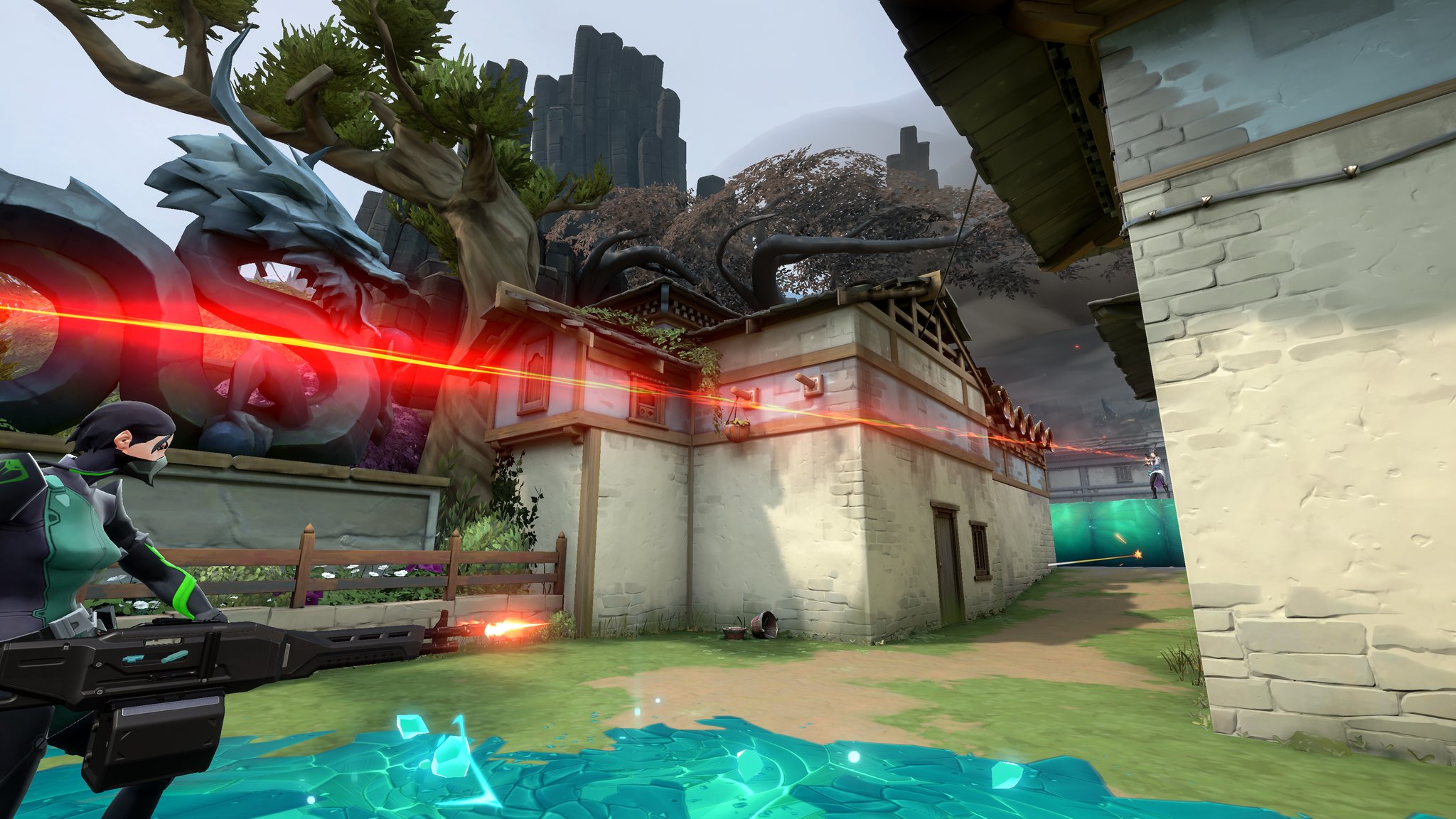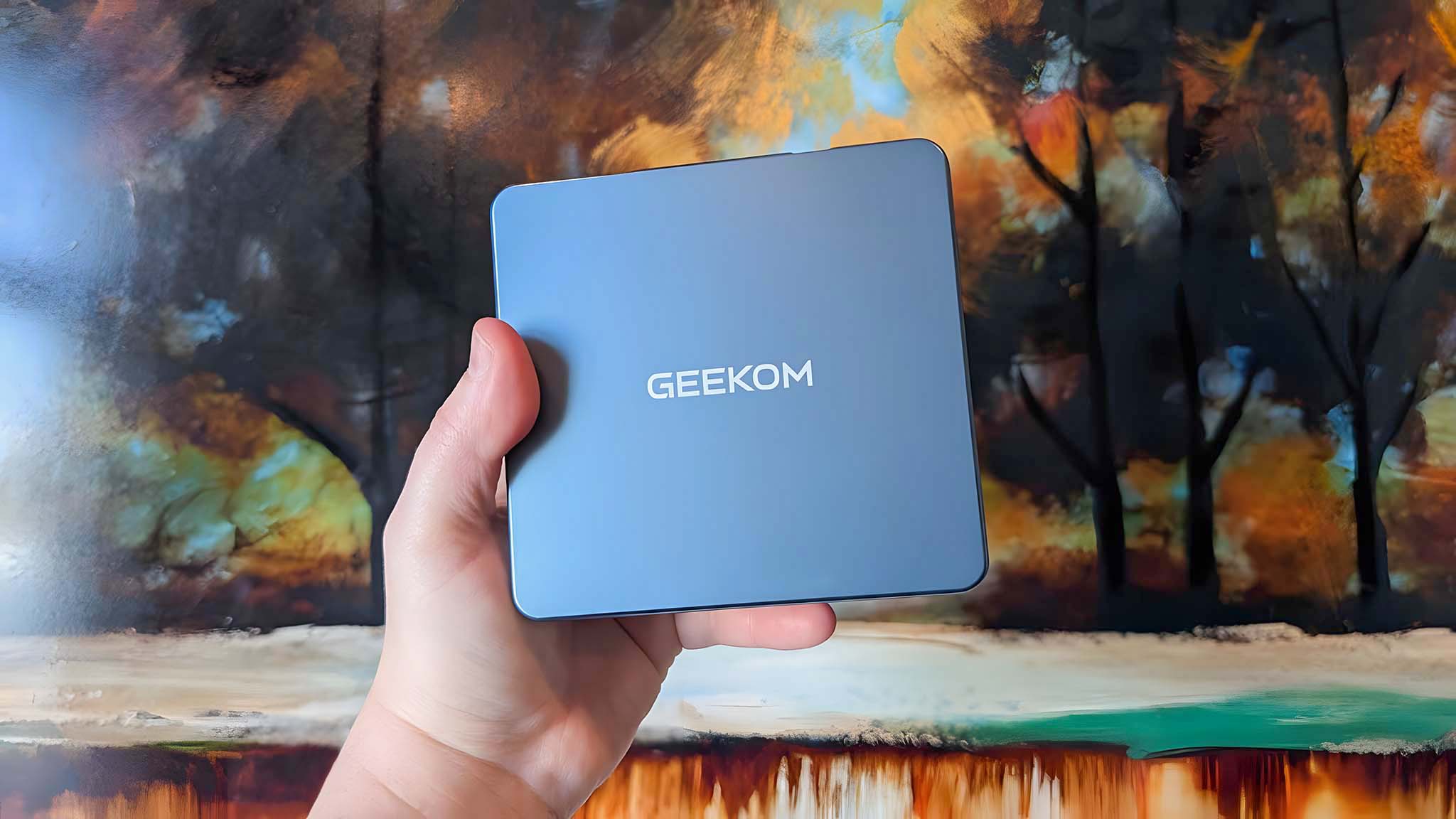Valorant to enforce TPM requirement on Windows 11 to combat cheaters and hackers
Valorant may be among the first games to use TPM to combat cheating

What you need to know
- Valorant is a competitive first-person shooter on PC that's infamous for its thorough anti-cheat software.
- It seems Riot Games may be about to take their anti-cheat efforts to the next level with the onset of Windows 11.
- Valorant has begun enforcing the TPM 2.0 requirement on Windows 11, making hacking significantly more difficult.
- It's not clear if these requirements will eventually extend to Windows 10, but Valorant is committed to being mostly cheat-free.
The competitive gaming scene is particularly fierce on PC, but many of the most popular options regularly suffer under the onslaught of hackers and cheaters. Valorant, from Riot Games, is a first-person team-based shooter that has mostly escaped the scourge of hacking in competitive gaming with incredibly aggressive and thorough anti-cheat software known as Vanguard. Now, according to PCGamer, it seems Valorant may become even more effective at combating potential cheaters.
Riot Games plans to do this by embracing the Trusted Platform Module (TPM) requirement on Windows 11. TPM is an effective security measure in the majority of modern PCs that effectively verifies the legitimacy of your computer, and makes hacking in most competitive games nearly impossible. With Windows 11, Microsoft now requires that all computers feature TPM version 2.0 and have it enabled, a requirement that Riot Games is now imitating with Valorant.
Valorant has started to enforce both TPM and Secure boot if YOU are playing on Windows 11 to ensure a trusted platform when playing Valorant. @RiotVanguard team yet again leading the anti-cheat industry in the right direction for competitive integrity pic.twitter.com/qgTM1yNqdAValorant has started to enforce both TPM and Secure boot if YOU are playing on Windows 11 to ensure a trusted platform when playing Valorant. @RiotVanguard team yet again leading the anti-cheat industry in the right direction for competitive integrity pic.twitter.com/qgTM1yNqdA— Anti-Cheat Police Department 🕵️ (@AntiCheatPD) September 3, 2021September 3, 2021
This move will make cheating even more uncommon in Valorant, and highlights both the good and bad of Riot Games' method for rooting out bad actors. On the one hand, it does work, and Valorant is mostly a clean and fair experience free of rampant cheats and hacks, but on the other hand, Valorant's Vanguard anti-cheat software requires extensive access to your PC and can carry out effective, permanent, hardware-level bans to offenders with TPM 2.0 access.
For now, it seems like Windows 10 is not affected by this change. TPM chips are still common in most Windows 10 PCs, but the vast majority of people are likely not aware if it's enabled, or even if it exists. It remains to be seen if Riot Games intends to extend this TPM 2.0 requirement to Windows 10 PCs as well.
If you're curious, you can check if your PC supports TPM 2.0, and even learn how to enable TPM on your PC. If you want to continue playing Valorant, one of the best PC games for fans of competitive shooters, you may want to ensure TPM is enabled on your PC (this comes with the added benefit of massively increased security and Windows 11 support).
Get the Windows Central Newsletter
All the latest news, reviews, and guides for Windows and Xbox diehards.

Zachary Boddy (They / Them) is a Staff Writer for Windows Central, primarily focused on covering the latest news in tech and gaming, the best Xbox and PC games, and the most interesting Windows and Xbox hardware. They have been gaming and writing for most of their life starting with the original Xbox, and started out as a freelancer for Windows Central and its sister sites in 2019. Now a full-fledged Staff Writer, Zachary has expanded from only writing about all things Minecraft to covering practically everything on which Windows Central is an expert, especially when it comes to Microsoft. You can find Zachary on Twitter @BoddyZachary.
